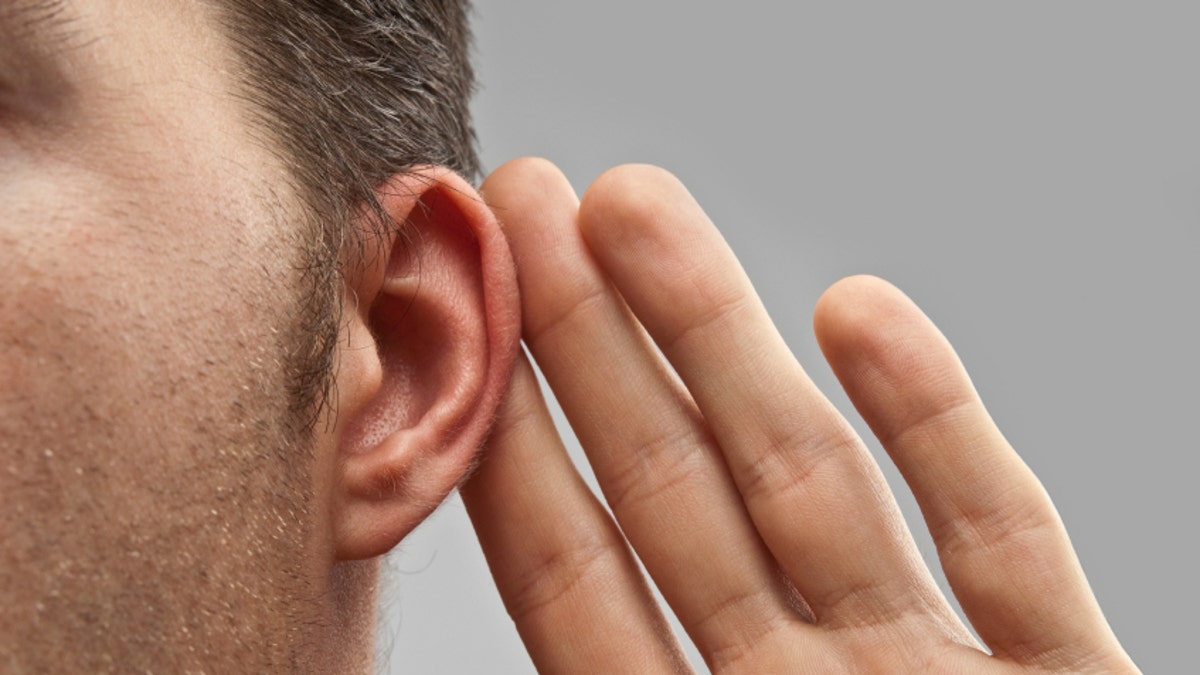
A supplement that scientists describe as the precursor to vitamin B3 may help prevent and treat noise-induced hearing loss, researchers at Weill Cornell Medical College and the Gladstone Institutes have found.
In new research published Tuesday in the journal Cell Metabolism, a chemical called nicotinamide riboside (NR) successfully prevented short- and long-term hearing loss in mice when administered before and after noise exposure.
The researchers pointed out that their findings may lead to better treatments in the future, as current antidotes for inner-ear disorders— including hearing loss— are limited.
“This discovery identifies a unique pathway and a potential drug therapy to treat noise-induced hearing loss," study author Kevin Brown, associate professor of otolaryngology-head and neck surgery at the University of North Carolina School of Medicine, said in a news release. Brown conducted the research while at Weill Cornell.
During the animal trial, researchers used NR to protect the nerves that innervate the cochlea. The cochlea transmits sound information through these nerves to the spiral ganglion, which sends those messages to the brain. Exposure to loud noises damages the synapses connecting the nerves and the hair cells in the cochlea, causing noise-induced hearing loss. NR proved successful at protecting these synaptic connections from damage.
According to the news release, the study authors chose NR because it is a precursor to the chemical compound nicotinamide adenine dinucleotide (NAD+), which Dr. Brown and co-senior author Samie Jaffrey, pharmacology professor at Weill Cornell, previously observed could protect cochlea nerve cells from injury.
"NR gets into cells very readily and can be absorbed when you take it orally,” Jaffrey said in the news release.
Researchers say their findings may have broader potential for preventing hearing loss. They saw that NR and NAD+ work together to increase the activity of the protein sirtuin 3 (SIRT3), which plays a crucial role in the function of mitochondria, the powerhouses of the cell.
Study authors tested the power of SIRT3 by eliminating the gene in mice, which in turn abolished any of the protective properties of NR. A new strain of mice engineered to express high levels of SIRT3 also was resistant to noise-induced hearing loss— even without the administration of NR.
SIRT3 decreases naturally as the body ages, and some individuals carry different versions of the SIRT3 genes that may make them more susceptible to noise-induced hearing loss.
"The success of this study suggests that targeting SIRT3 using NR could be a viable target for treating all sorts of aging-related disorders,” co-senior author Eric Verdin, an investigator at the Gladstone Institute of Virology and Immunology and professor of medicine at the University of California, San Francisco, said in the news release. The treatment may not only prove viable for hearing loss, Verdin said, “but also metabolic syndromes like obesity, pulmonary hypertension, and even diabetes."








































